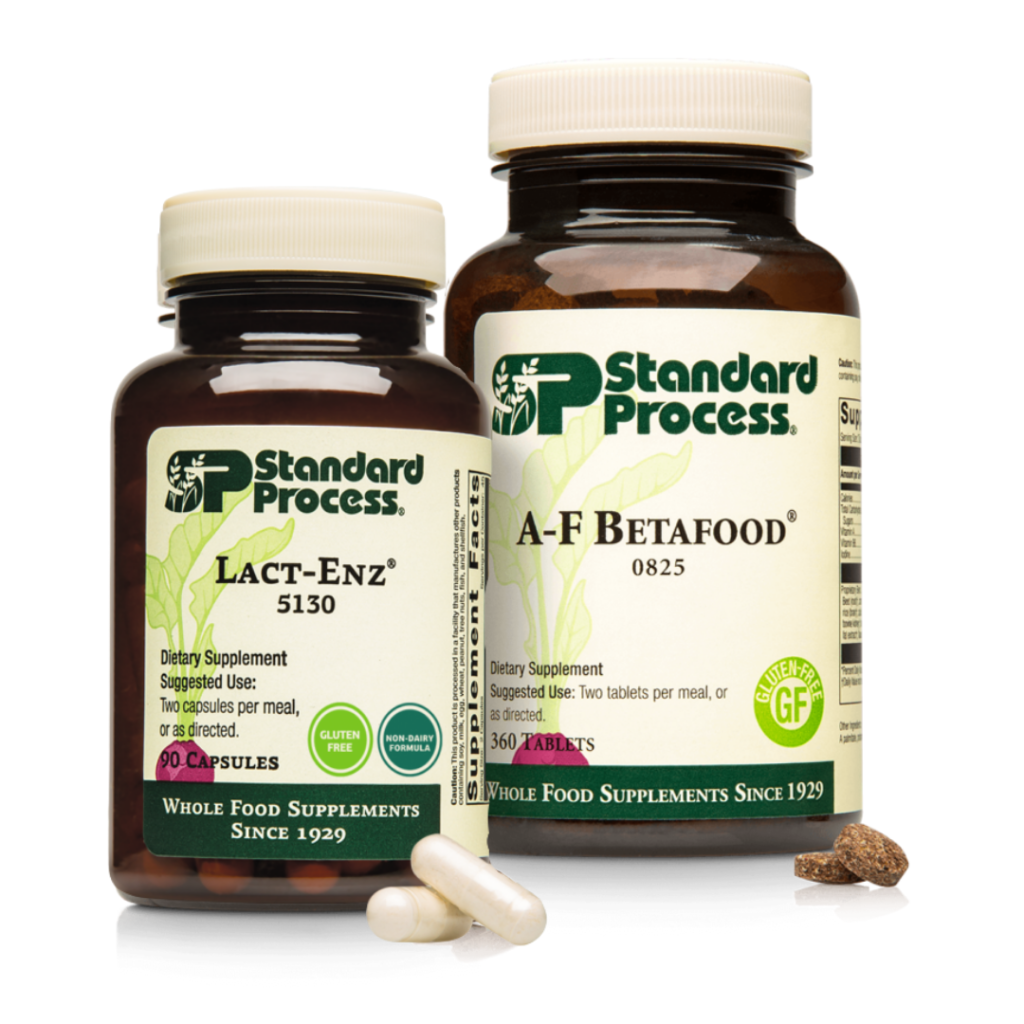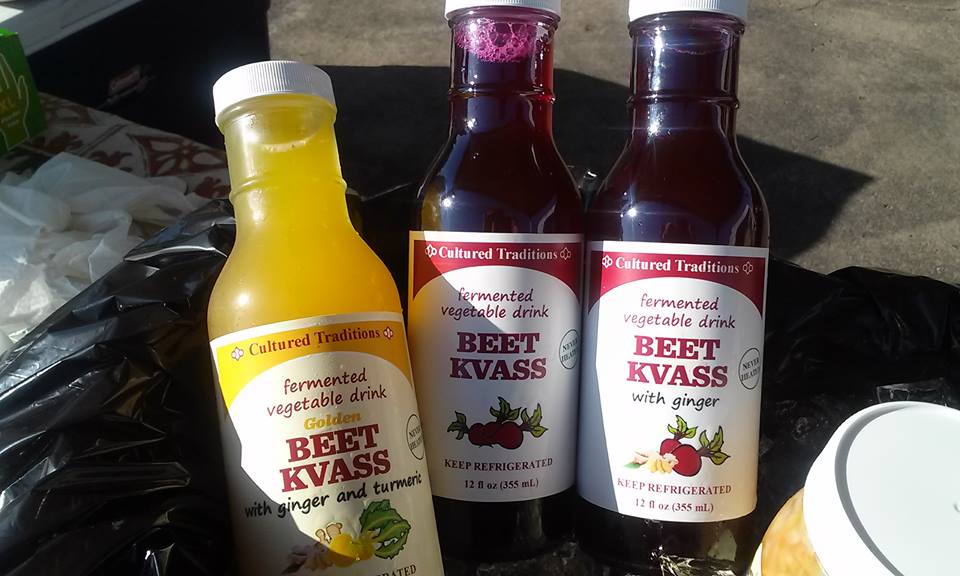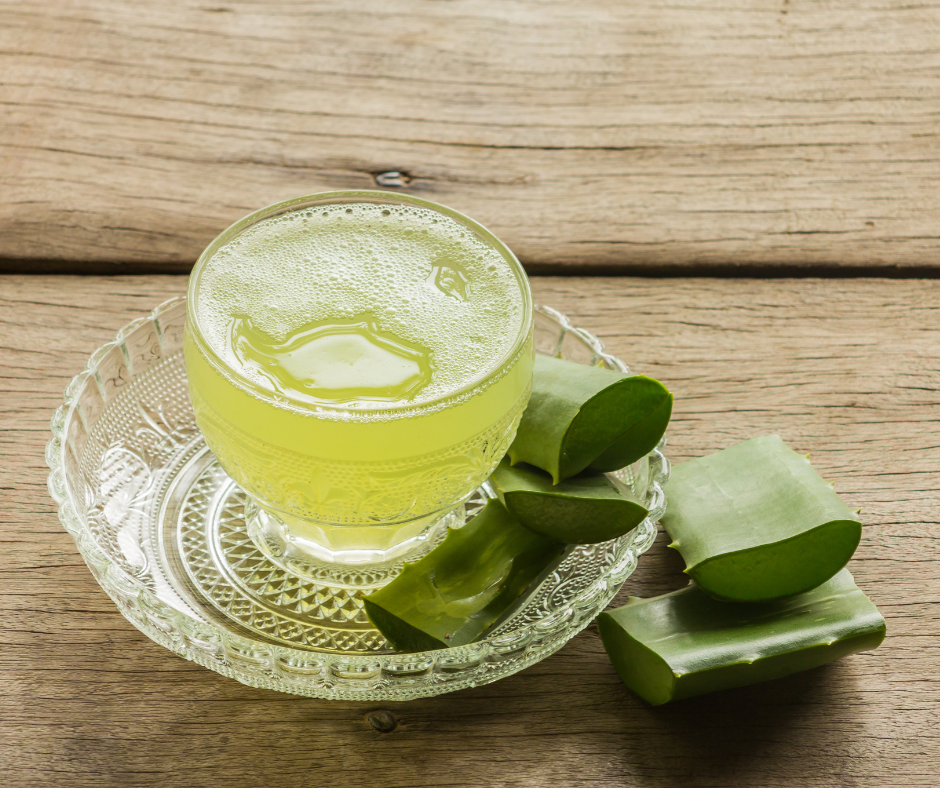Every parent does their best at mealtime, but all too often, children wind up with poor digestion. Sometimes, healthy digestion just doesn’t come naturally. The most common signs are constipation, tummy aches, and emotional changes like crying or tantrums. Luckily, we have some healthy suggestions, so our kids don’t have to feel these bothersome tummy issues.
Our favorite methods are to follow a whole food, nutritious diet, and to use supplements when necessary for extra enzymes or other digestive support. When we stray away from nutritious foods and consume more packaged or processed items… our bodies pay the price. The most common sign is constipation, which we see quite often in both adults and children.
This happens for a few reasons: lack of fresh fiber from fruits and vegetables, imbalanced microbiome, and/or simply being dehydrated. These factors can become a vicious cycle, as impaired digestion may lead dietary choices toward only the things he or she likes or perceives as easy to digest. Constipation is a sign that the gut either is lacking in friendly bacteria and/or could be overgrown with undesirable bacteria, yeast, or fungus – microorganisms that feed on sugars and simple carbohydrates.
How is Constipation Shown:
Depending on age, children may exhibit constipation by being gassy, bloated, or alternating with diarrhea. Some children may refuse to eat, or insist on a very narrow range of foods – usually sugary or carb-based. Sometimes, their stool may be large and hard, and difficult to pass, so they may avoid even going to the bathroom. Or sometimes, toilets could clog easily due to lack of moisture in the stool. If you notice symptoms like these, consider what daily habits may be contributing, before reaching for the bottle of Miralax – which can cause problems of its own.
Chronic abdominal discomfort can disrupt mood and make kids grumpy and lethargic. Remember, there is a strong connection between the gut and the brain. The beneficial bacteria present in a healthy gut are responsible for producing calming neurotransmitters and keeping other gut functions working. When the gut is imbalanced, thoughts can be foggy, and mood can tend towards feelings of hopelessness, anger, or depression. Because a sluggish liver is often partly to blame, allergies and ear infections could also be present, due to poor histamine clearance.
Top Triggers for Digestive Issues:
- Diet: Children whose diets contain lots of dairy, grains, and processed (refined carbohydrate) foods, are likely not consuming enough fresh produce, which supports a healthy gut.
- Lack of beneficial bacteria: Kids don’t typically like sour fermented foods, so dairy yogurt may be their only source of probiotics. Yogurt is typically high in sugar, and low in bacterial diversity. Try Kefir as an alternative.
- Lack of exercise: Exercise helps digested food move through the intestines. Being sedentary can worsen constipation.
- Emotional reasons: Toilet training, anxiety, fear of public bathrooms, and or other stressors can shut down the digestive process.
- Food sensitivities: The internal inflammation caused by a sensitivity (wheat, dairy, corn, soy) can slow down the actions of the colon.
- Congested liver/lack of bile flow: Unfortunately, kids live in the same toxic soup as we adults do, and detox mechanisms may not be fully functioning.
- Sometimes, constipation can be caused by an underlying condition. If digestion is not improving, it is best to see their pediatrician.
Normal Bowel Movements for Children:
Every child is different, but what is considered normal?
- Newborns should have four very soft (or sometimes liquidy) bowel movements per day.
- For babies to toddlers, frequency varies. Breastfeeding babies may have less frequent bowels, because breast milk is highly absorbable.
- Toddlers should have one bowel movement per day, or every other day. It should be easy to pass, well formed, and not pellet-like.
- School-aged children should have a minimum of 3 bowel movements every week – every day or every other day is typical.
Favorite Remedies for Poor Digestion
Every parent would benefit from having a few good holistic remedies on hand. We recommend the following to encourage good gut health:
- Diet changes: Want to add in prunes, figs, dates, aloe vera juice, or coconut water. Also, consider blending a steamed beet into your child’s smoothie for breakfast.
- Get more exercise: Let gravity do the work! Running up and down stairs, jumping rope, or jumping on a trampoline or pogo stick would be super fun and very helpful.
- Encourage good bowel habits: Encourage your child to have regular toilet time – about five to ten minutes, twice per day, after a meal. Don’t worry too much if it doesn’t happen. But, it’s helpful for the child to get used to having that regular time.
- Abdominal massage: “Rub my belly, Mommy!”
- Supplements: Taking supplements to address the main issue can also help your child avoid constipation.
Supplements To Assist Your Child’s Digestion:

Children can take supplements to support their digestion and gut health to help prevent constipation. For any family with small children, we like to recommend Lact-Enz® and A-F Betafood®.
- Lact-Enz® combines digestive enzymes with probiotic bacteria to help support healthy digestion. The enzymes help break down the food, and the probiotics ensure good absorption and prevent yeast overgrowth.
- A-F Betafood® contains beets, vitamin A, and essential fatty acids to promote bile production, which helps to emulsify fats and keeps things moving through the colon.
With the above tips, and a few good supplements on hand, you can easily make good changes in your child’s digestion!
Please reach out to us, if you’d like to know more!








